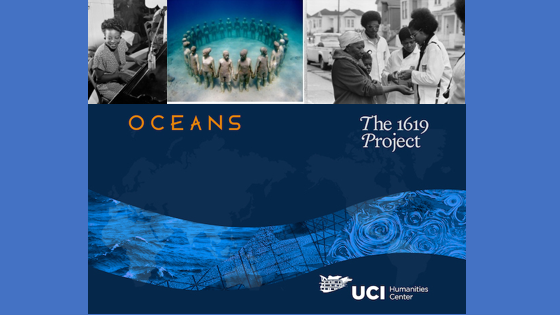
Book review of Other Minds: The Octopus, The Sea, and The Deep Origins of Consciousness.
From White Noise to Consciousness:
A review by Richard Cho
Outer-space aliens appear in the shape of octopuses in major sci-fi movies such as "The War of the Worlds'' and "Arrival," just to name a few. What do we humans perceive in the octopus that is alien-like? In Peter Godfrey-Smith's book Other Minds: The Octopus, The Sea, and The Deep Origins of Consciousness, the author probes the fascinating mind of the octopus, an invertebrate animal that belongs to the molluscan class ‘Cephalopoda’ along with cuttlefish and squid. This eight-legged, flexible-bodied creature has a complex nervous system, a large brain, and three hearts. Godfrey-Smith, a philosopher of science with a penchant for scuba diving, had years of direct interaction with octopuses. He traces the origin of consciousness, venturing far back into the Cambrian and the Ediacaran period when the common ancestor of the octopus and human lived (a worm-like creature with a simple nervous system). The branching off of these species happened so long ago that "evolution built minds twice over. This is probably the closest we will come to meeting an intelligent alien."
So, what is it like to be an octopus? Godfrey-Smith points out that "like'' is a problematic term here because the minds of humans and octopuses are so vastly different that no comparison provides a fair description. For one, the octopus lives outside the usual brain/body divide. Most of its neurons are found not in its brain, but in its arms, which cannot yield it top-down control of its body. The author aptly describes: “In the octopus’s case there is a conductor, the central brain. But the players it conducts are jazz players, inclined to improvisation, who will accept only so much direction.” The key to understanding its subjective experience may lie in the birth of consciousness of all animals. Before consciousness gradually surfaced, there was the sparkle of a nervous system due to the interaction between species and their environment, then between sense and action. His detailed account of evolution's role in the development of animals' nervous systems, muscle development, sentience, and even aging and death is replete with wit and ardor.
Octopuses are smart, inventive and full of curiosity, facts supported by findings from various lab experiments. The author observes with awe: "Octopuses in at least two aquariums have learned to turn off the lights by squirting jets of water at the bulbs when no one is watching... they can recognize individual humans even when they are wearing identical uniforms." The creature embraces novelty as well as danger. One of the author’s anecdotes tells of the time when he reached out his hand toward an octopus under the ocean. It took his hand and hauled him into its den, as if giving him a tour.
It is clear that the author is in awe of the octopus, a supremely intelligent creature, a body of pure possibility which can pass through a hole the size of its eye. The book is a convivial marriage between philosophy and science, although there may be a bit too much nitty-gritty science for it to be a popular read. Godfrey-Smith dedicated this book to "all those who work to protect the oceans” and ends with a warning against the destructive consequences of chemical change and overfishing in the ocean. We should all remember that the body without a mind is a zombie. The sea is the original home of the mind.
You can find this book, among others, here on the UCI Library's Virtual Book Shelf:
https://www.lib.uci.edu/oceansproject
Richard M. Cho is research librarian for Humanities and Literature at UC Irvine and contributor to the Los Angeles Review of Books
